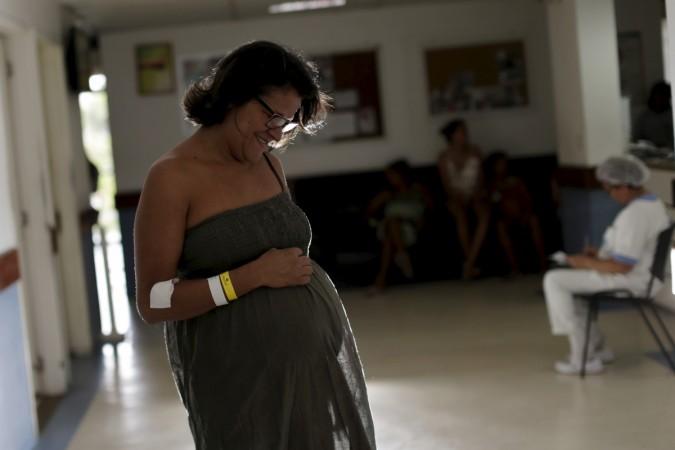
The U.S Centers for Disease Control and Prevention (CDC) said Friday that men and women who were exposed to Zika virus should delay conception plans, the Reuters reported.
The new guidelines come amid an increasing evidence of a link between the Zika virus and microcephaly -- a congenital disorder characterised by abnormally small size of heads.
According to the World Health Organisation, Brazil and French Polynesia have seen an increase in cases of microcephaly and other fetal malformations, potentially due to the Zika virus.
"Mounting evidence supports a link between Zika and microcephaly, a birth defect that is a sign of incomplete brain development and possibly other problems, such as miscarriage," Denise Jamieson, a CDC expert on pregnancy and birth defects, was quoted by the Reuters as saying.
The CDC officials also said women should wait at least two months, and men at least six months after getting infected with Zika.
The CDC has also planned to expand the availability of the contraceptives in Puerto Rico, which has witnessed 261 Zika virus cases till date. The virus has rapidly spread from Brazil through Latin America and Caribbean to even Asia.
The health agency has urged the people living in regions with a Zika outbreak to delay their pregnancy plans completely and advised doctors to raise awareness on the possibility of sexual transmission of the Zika virus.
On Feb. 23, 2016, the CDC announced that 14 new cases of Zika virus were found in the U.S transmitted through sexual intercourse. The CDC has already issued guidelines for prevention of sexual transmission of the Zika virus.
The agency released a paper, Friday, which said nearly 1,38,000 women of reproductive age in Puerto Rico (where the Zika virus is active) may have unintended pregnancy. The CDC officials said a majority of such women are not using highly effective forms of long-acting contraception such as intrauterine devices (IUDs) and hormonal implants.
The U.S Department of Health and Human Services has coordinated with federal, local and private partners to provide access to effective contraceptives for women in Puerto Rico.

















